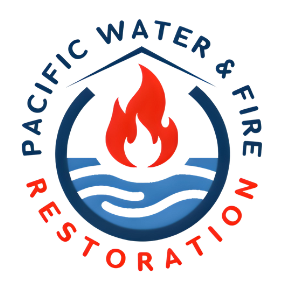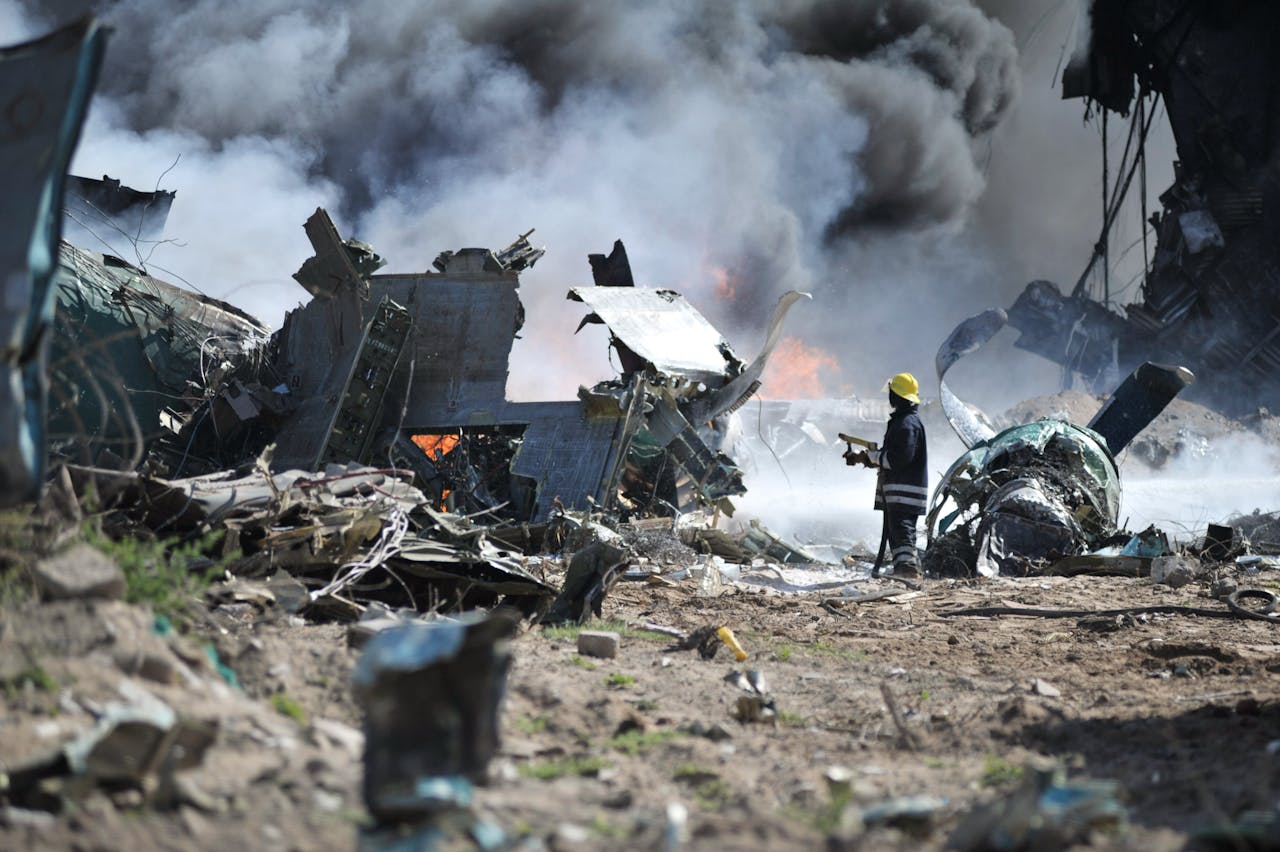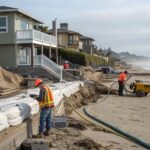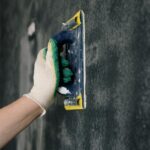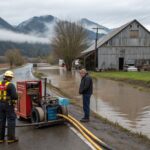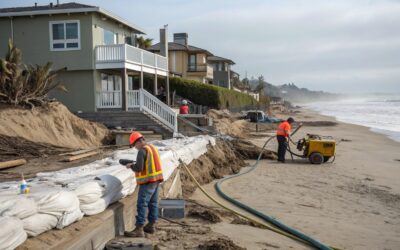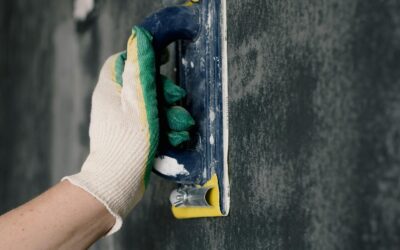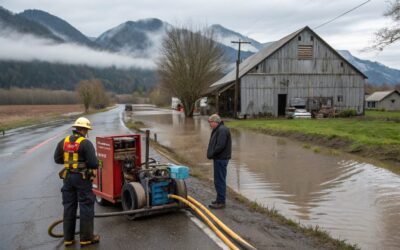When a chemical spill occurs, immediate professional response is crucial for safety and environmental protection. At Pacific Water & Fire Restoration, our certified teams follow strict protocols to handle chemical spills safely and effectively. Here’s your comprehensive guide to proper chemical spill response.
Immediate Safety Protocol
Emergency Response (First 5 Minutes)
- Evacuate the immediate area
- Call 911 if there’s any immediate danger
- Contact Pacific Water & Fire Restoration: 503-201-7337
- Ventilate the area if safe to do so
- Keep people away from affected zones
Initial Assessment
Identify and document:
- Type of chemical if known
- Approximate quantity spilled
- Affected areas
- Potential spread patterns
- Immediate hazards
Professional Response Process
Safety Evaluation
Our team assesses:
- Chemical characteristics
- Exposure risks
- Required PPE levels
- Containment needs
- Ventilation requirements
Containment Protocol
- Establish hot/warm/cold zones
- Set up decontamination stations
- Install proper containment barriers
- Deploy spill control equipment
- Monitor air quality
Professional Cleanup Standards
OSHA Compliance
Following:
- Proper PPE protocols
- Exposure control plans
- Safety documentation
- Disposal regulations
- Decontamination procedures
Environmental Protection
Adhering to:
- EPA guidelines
- Local regulations
- Watershed protection
- Soil contamination prevention
- Air quality management
Property Protection Measures
Structure Safety
- Material compatibility assessment
- Surface protection measures
- Structural integrity checks
- Ventilation management
- Cross-contamination prevention
Content Protection
- Item removal if necessary
- Contamination assessment
- Cleaning protocols
- Storage solutions
- Documentation methods
Professional Remediation Process
Cleanup Protocol
Our process includes:
- Chemical neutralization if appropriate
- Safe removal procedures
- Surface decontamination
- Area restoration
- Final testing
Documentation
We maintain records of:
- Initial assessment
- Cleanup procedures
- Disposal manifests
- Air quality readings
- Clearance testing
Specific Requirements
Local Regulations
Compliance with:
- DEQ requirements
- City disposal protocols
- County health codes
- Transport restrictions
- Reporting requirements
Environmental Considerations
Managing:
- Storm drain protection
- Groundwater safety
- Soil contamination
- Air quality
- Wildlife protection
Insurance and Documentation
Required Documentation
We provide:
- Incident reports
- Photo documentation
- Chemical identification
- Disposal records
- Clearance certificates
Insurance Support
Our team assists with:
- Claim documentation
- Coverage verification
- Cost estimation
- Progress reports
- Final documentation
Prevention Strategies
Risk Assessment
- Chemical inventory review
- Storage evaluation
- Handling procedures
- Safety equipment checks
- Response plan updates
Safety Planning
Implementing:
- Staff training
- Emergency protocols
- Equipment maintenance
- Regular inspections
- Response drills
Professional Support Services
Pacific Water & Fire Restoration offers:
- 24/7 emergency response
- Certified technicians
- Complete remediation
- Proper disposal
- Insurance coordination
Available Services
We provide:
- Initial assessment
- Professional cleanup
- Area restoration
- Documentation
- Final verification
Emergency Response Available 24/7
For professional chemical spill response, contact Pacific Water & Fire Restoration at 503-201-7337. Our certified technicians are ready to:
- Respond immediately
- Assess the situation
- Implement containment
- Begin remediation
- Restore affected areas
Request Professional Assessment: Schedule a comprehensive evaluation of your chemical spill response needs.
Remember: Chemical spills require immediate professional response. Never attempt cleanup without proper certification and equipment. Our team is available 24/7 to handle these situations safely and effectively.
Important Safety Notes:
- Always evacuate first if you suspect dangerous chemicals
- Contact emergency services for immediate threats
- Never attempt to clean unknown chemicals
- Document everything for insurance purposes
- Follow professional guidance exactly
Contact us immediately at 503-201-7337 for professional chemical spill response in the metro area. Our IICRC-certified technicians are trained and equipped to handle chemical spills safely and effectively.
